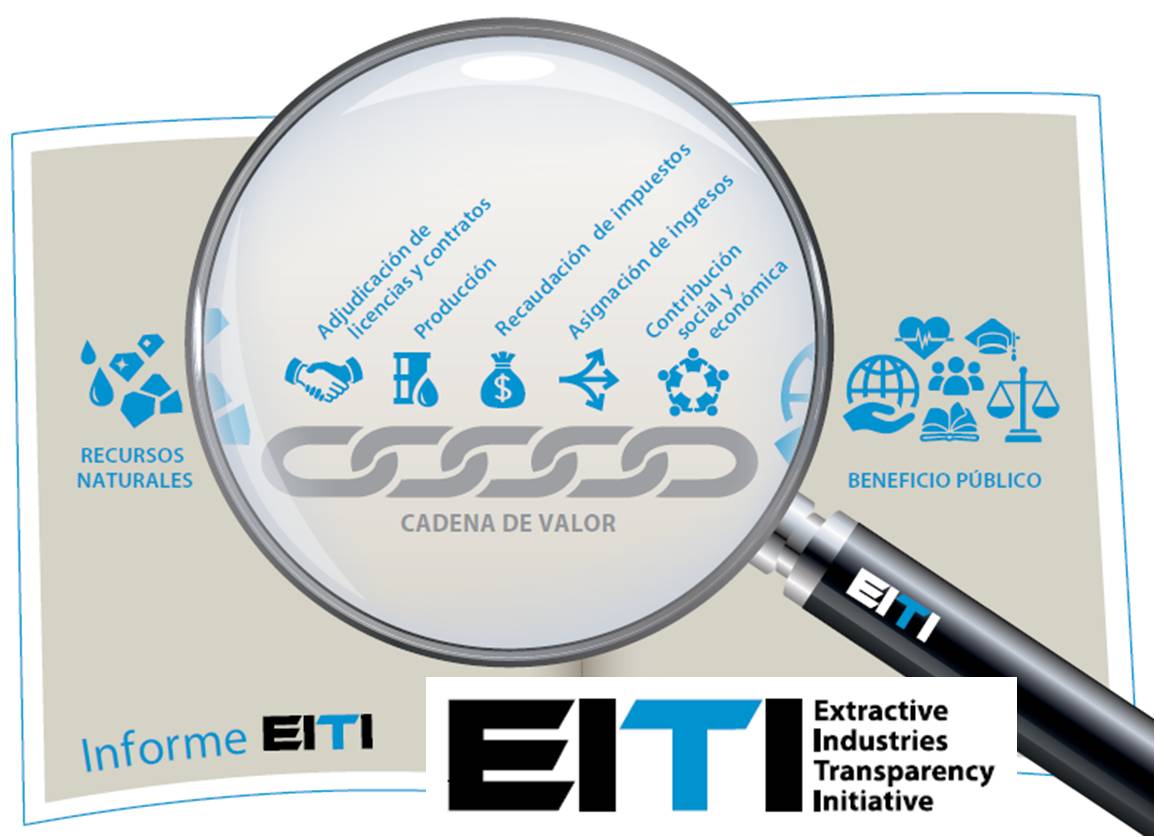Ethiopia, Guinea, Ghana, Malawi and Trinidad and Tobago have attained meaningful progress against the EITI Standard having gone through the Validation.
The EITI Board which assessed the status of the member countries announced its decision at its meeting in Kyiv, recently. Nigeria and Norway attained the highest rating of satisfactory progress.
The status of an EITI implementing country is determined through Validation, the EITI’s quality assurance mechanism. The process assesses the country’s performance against the requirements of the EITI Standard by reviewing documentation and consulting with government, company and civil society stakeholders.
A Validation outlines and identifies a country’s weaknesses and strengths and prescribes a set of corrective actions that must be addressed within a 12 to 18-month period, after which a country will undergo a second Validation to assess progress. The Validation scorecard provides an overview of a country’s results. The EITI Board makes the final decision on a country’s status.

Ghana was found to have made meaningful progress and fully addressed six out of the eight corrective actions. Ghana’s implementation of EITI recommendations contributed to reforms that have increased the government’s revenues from the sector, a priority for the government that wants to decrease its reliance on foreign aid.
The country was lauded for publishing all its mining, oil and gas contracts and making these accessible through online portals. Yet work remains to ensure comprehensive disclosure by the country’s largest oil and gas companies.
The Board welcomed Ethiopia’s effort to report on issues of national importance such as artisanal and small-scale mining and socio-environmental issues. It commended ongoing reforms to shift the mandate of government agencies from control and monitoring, to supporting and enabling civil society to contribute to public debate.
Guinea, which has a rapidly developing bauxite sector and is rich in iron ore reserves, made improvements in the comprehensiveness and quality of its EITI reporting, according a statement by the EITI secretariat.

EITI chair
Malawi was commended for establishing its multi-stakeholder group as a platform for fact-based debate and allowed its production and export data to be scrutinised through the publication of its second EITI Report. The country has published all contracts in line with the encouragements in the EITI Standard. These contracts have been used by civil society to create financial models and clarify the precise terms associated with the agreements.
Trinidad and Tobago was acknowledged for having built a dynamic platform to collect, publish, and debate information about how the country’s natural resources are managed.
Mauritania, a leading producer of iron ore, and with several large oil and gas projects being developed, achieved meaningful progress against the EITI Standard, having made improvements in the oversight of EITI implementation by the government, industry and civil society. The Board recognised Mauritania’s efforts in using EITI reporting as a diagnostic tool to drive reforms in the management of extractives licences and state participation in the mining sector.
However, to further strengthen EITI implementation in the countries various corrective actions and recommendations were assigned to the them respectively, to be met before their next Validations, the outcome of which will determine if they attain satisfactory progress or not.
“Over half of all EITI countries have now undergone Validation against the EITI Standard,” said EITI chair Fredrik Reinfeldt. “The overall travel of direction is positive and governments, companies and civil society across regions are demonstrating strong commitment to bringing transparency and accountability to the management of their natural resources and using EITI data to instigate reforms.
“Validation has shown that many EITI countries are going beyond the EITI Standard, with innovative disclosures related to extractives contracts, licensing and sales of the state’s share of oil, gas and minerals,” he said.






























